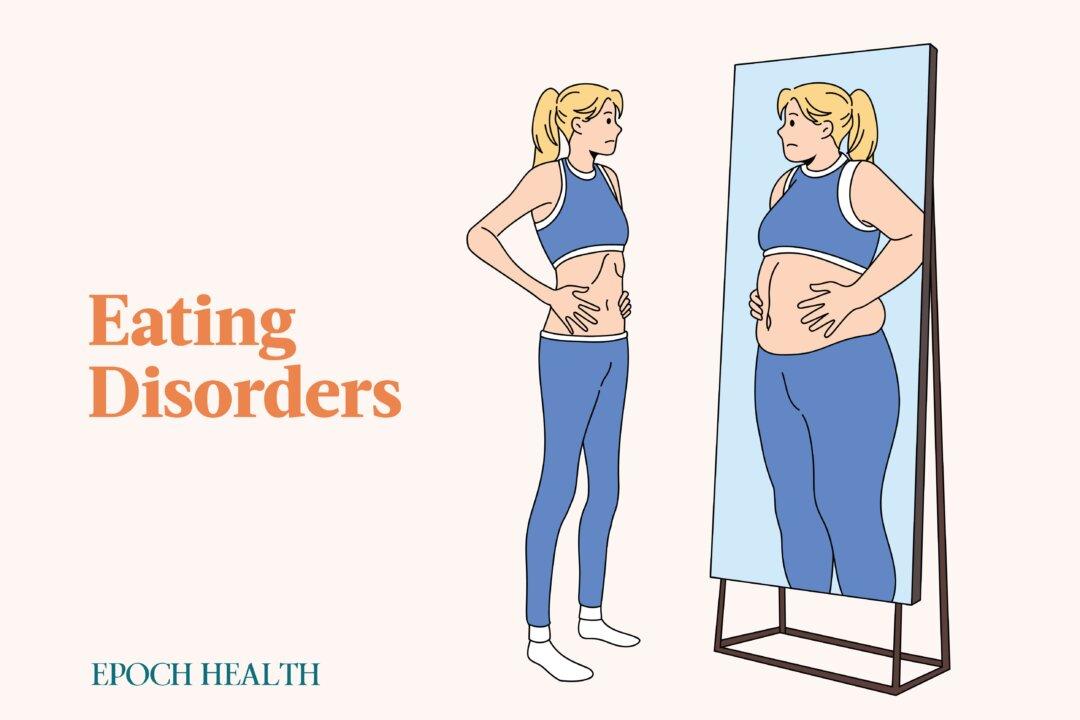South Australian researchers have discovered that individuals with eating disorders are judged more critically than those suffering from depression, making it harder for people to seek medical help.
The study, published in the Journal of Eating Disorders, interviewed 235 people to garner their views on binge eating, anorexia nervosa, bulimia nervosa, and depression.





